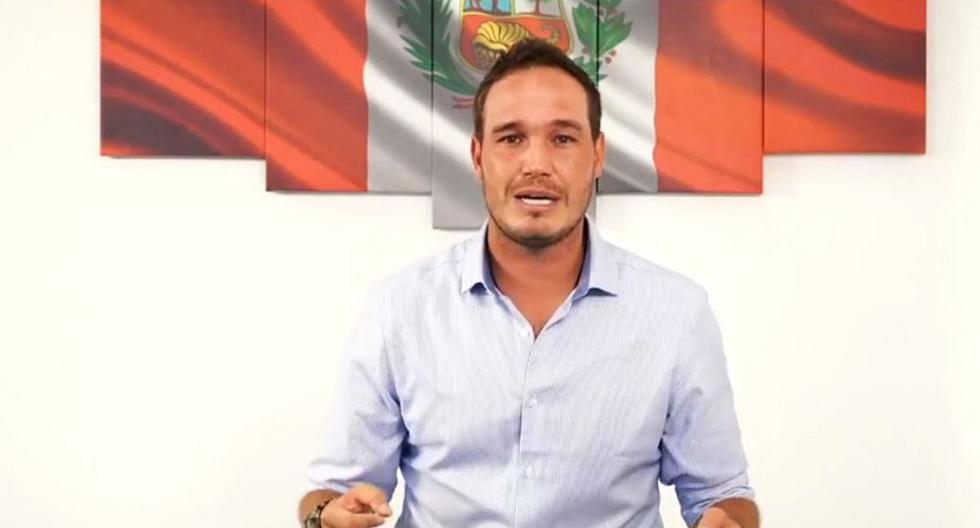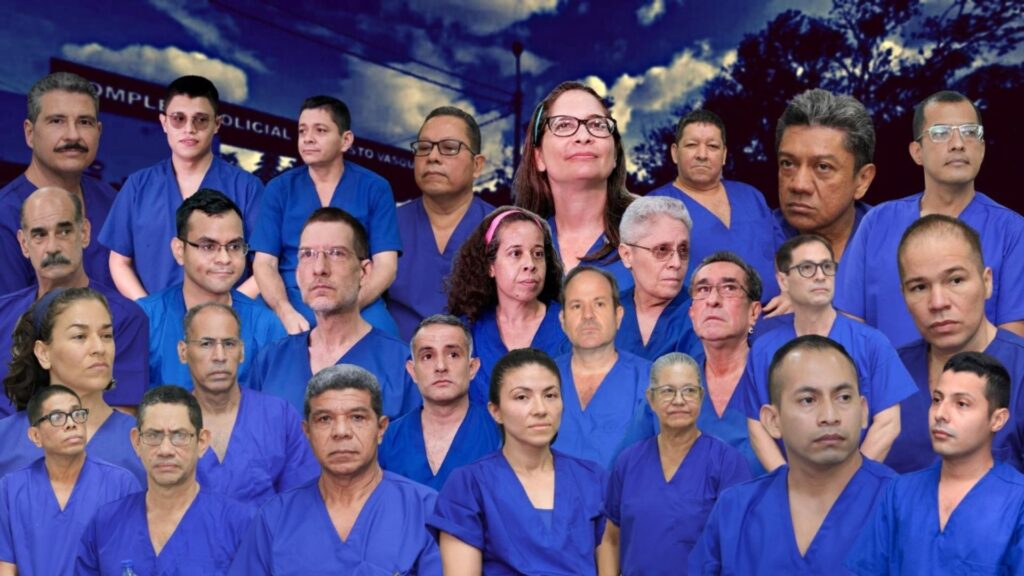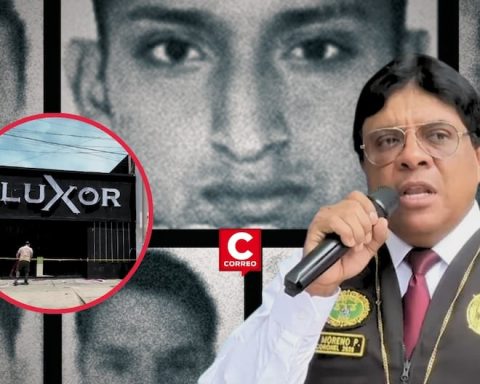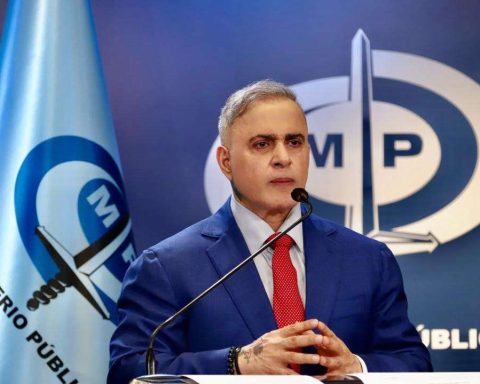Pedro Mayor Martínez, resigned as criminal appeals judge of the Capital on June 3. The magistrate’s motivation was to aspire to the Senate to have more influence for the benefit of the citizenry. He decided to be part of the Alianza Encuentro Nacional (AEN), precisely because he was affiliated, years ago, to the Encuentro Nacional party (PEN). In addition, Kattya González, deputy for the party, was one of his students.
How did you make the decision to run?
The decision he made as a person is precisely due to the devastated image that this country has and the political class that is in Congress. That makes him make a decision, since he could have continued in the Judiciary. But I realized that if it continued there, the level of incidence that it could have, for the benefit of the citizenry, was not going to have the impact that it could have if one entered the territory of politics with people of prestige, with people of trajectory, of principles like Kattya González, Patrick Kemper and a lot of companions. From these fronts we have observed how our country is doing, a series of upheavals to the rule of law principle as the country constantly suffers, the impacts of corruption, organized crime and the lack of reaction of the institutions involved, that is why I took the decision to take refuge in the judiciary and venture into the political arena.
How was that step taken?
I actually received the offer from other parties and also from Kattya. The particularity is that I have more affinity for the National Encounter since the plurality of thoughts, a center that leads me more to think of a more inclusive republicanism with greater debate, with greater perceptions of different spheres and with an incidence in the sphere Social. That is why I decided to return to my old party, since I was affiliated with the National Encounter, a party that I resigned to take office. That is why it represents for me a reunion with an old line of values and principles. And now resurrected and revitalized with the energy of the new component such as Kattya and Norma (Camacho), who represent the model of struggle and resistance that we must do from that Power of the State. To serve the street citizen.
How do you get out of the front door of such a contaminated Judiciary?
Interesting question that leads us to reflect. When we are public servants, what do we really want? One thing is what we want and can do and what we are willing for the benefit of pursuing those dreams. I entered the judiciary with the same dreams with which I entered the political system today, which was to serve. When you have a clear idea of what you want, of course, that same clear idea becomes a shield that allows a judge, a prosecutor or a defense attorney to fully develop and fulfill the role that people expect and what service expects from him. So logically one begins to build a shielding and self-protection system that implies being recognized as a judge who is not open to corruption, a non-venal judge, a judge who will not be bribed, a judge who will make the decision that corresponds to each specific case. This makes it possible for both the left and the right, those above or those below, to respect the decision, regardless of whether the decision may be adverse, contrary to the interests with which I had to settle at that time. And agree with one of those who were litigating at that time. That I have installed as a judge. And of course, we have always claimed social causes as many public servants have installed. I am a defender of the social demands of many sectors and many institutions because what affects us all the most is widespread corruption that tends or has the purpose of involving the actors and thereby making them part of or complicit with silence or omission of many of these illegal activities or conduct.
What will your projects be?
There are many projects that we have and those that we are bringing to the dialogue. I want to be very clear on this. Of course I have the imprint of the Judiciary and its roadmap, that from there the deficits of the justice system are observed, not only in the field of judges but also in the Public Ministry. A fundamental piece of constitutional rank that must be strengthened, with a kind of restructuring of its cadres and a strengthening of its cadres. There are excellent prosecutors who do an excellent job, but the system does not provide them with the necessary elements to carry out a complete investigation. It lacks structure, it lacks technical equipment, management, investigation, which can end with the presentation of sustainable accusations in the field of justice. If an accusation has all the formal and substantial elements, the judges will have to decide accordingly. The judges also have to be empowered. And in this, of course, we are going to work on projects with the association of prosecutors and judges, which have to do with strengthening the model of judge or model of prosecutor, which citizens need, which citizens want. And that is what we must review, the regulations that regulate the social security sphere of the members of these institutions and strengthen their independence, strengthening this, we strengthen their institutionality, also guarantee that judges and prosecutors receive payments according to the complexity and importance of the role they play. They have complicated cases. Working for the career of the Ministry of Justice, that means that a judge who has been in service for 20 years must earn more than a judge who has just entered the service. It works in other areas but not in the justice system.

















